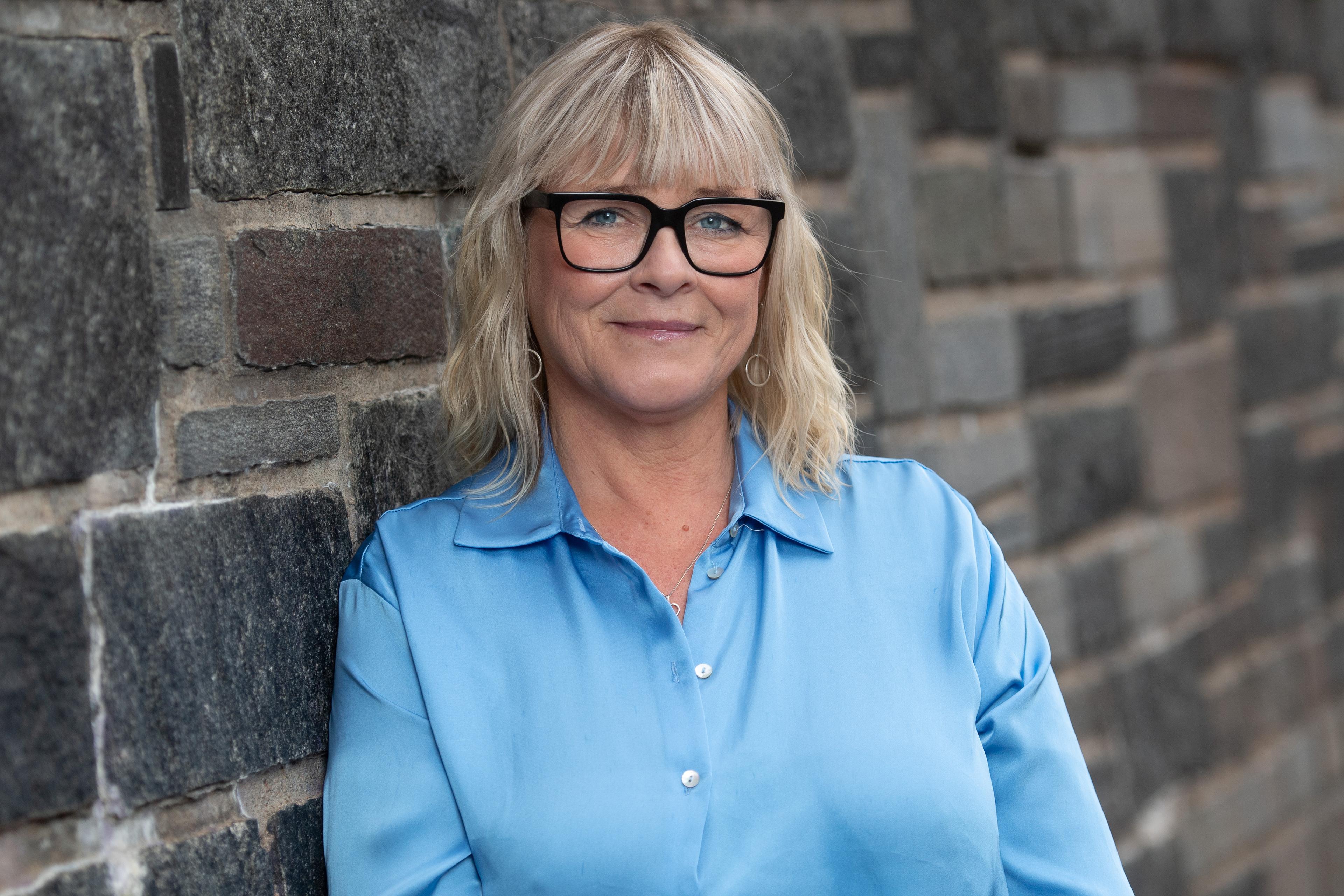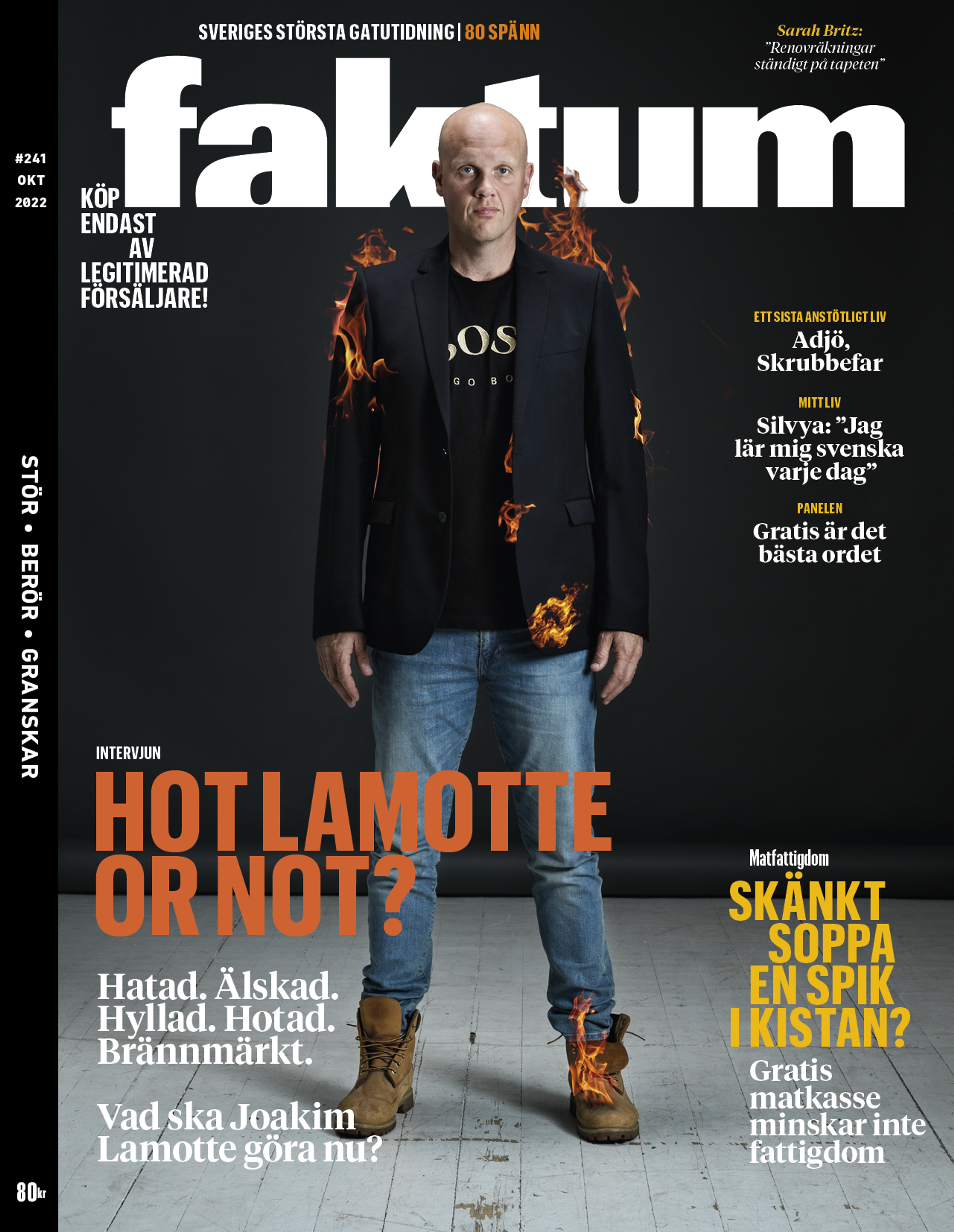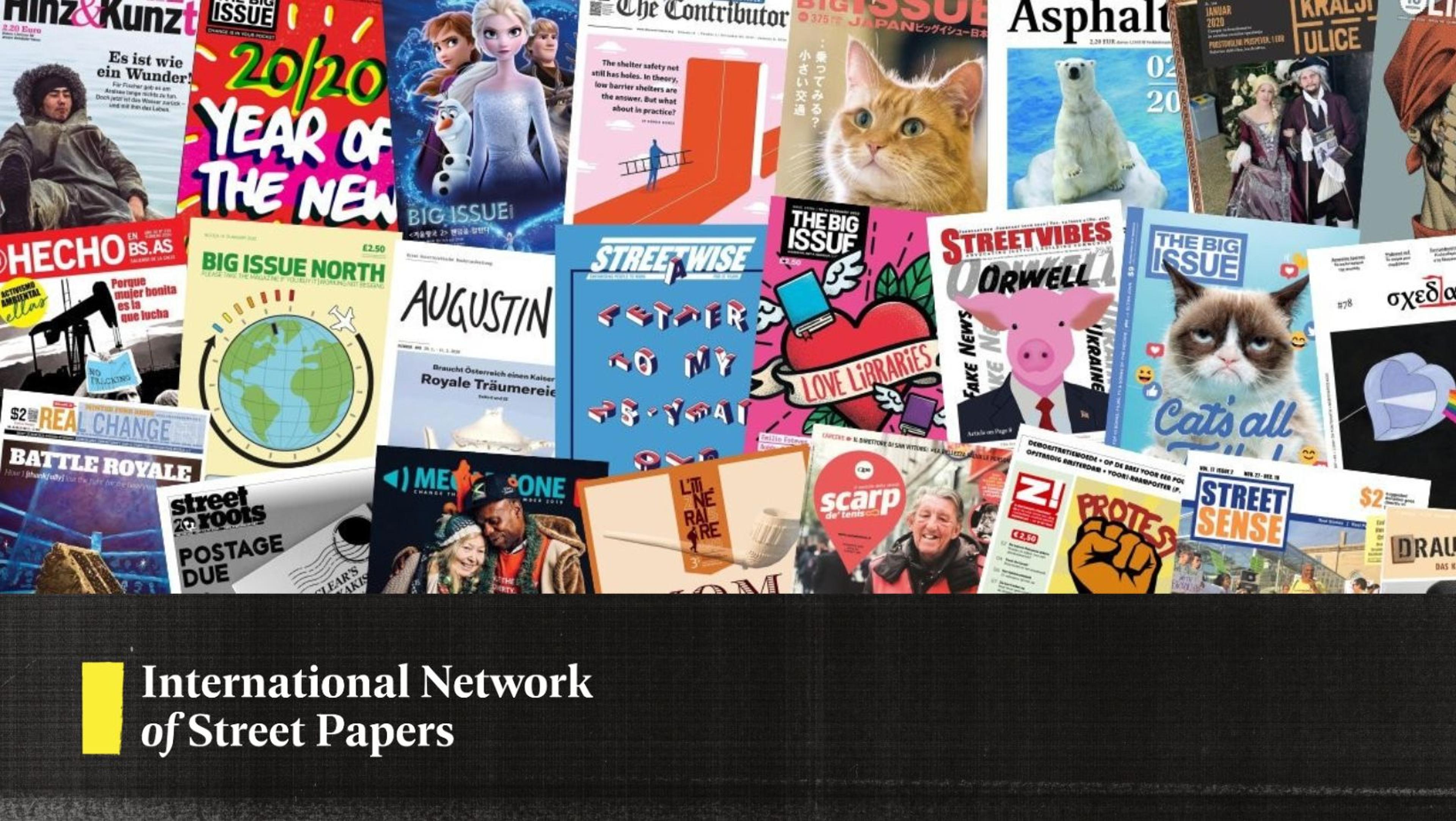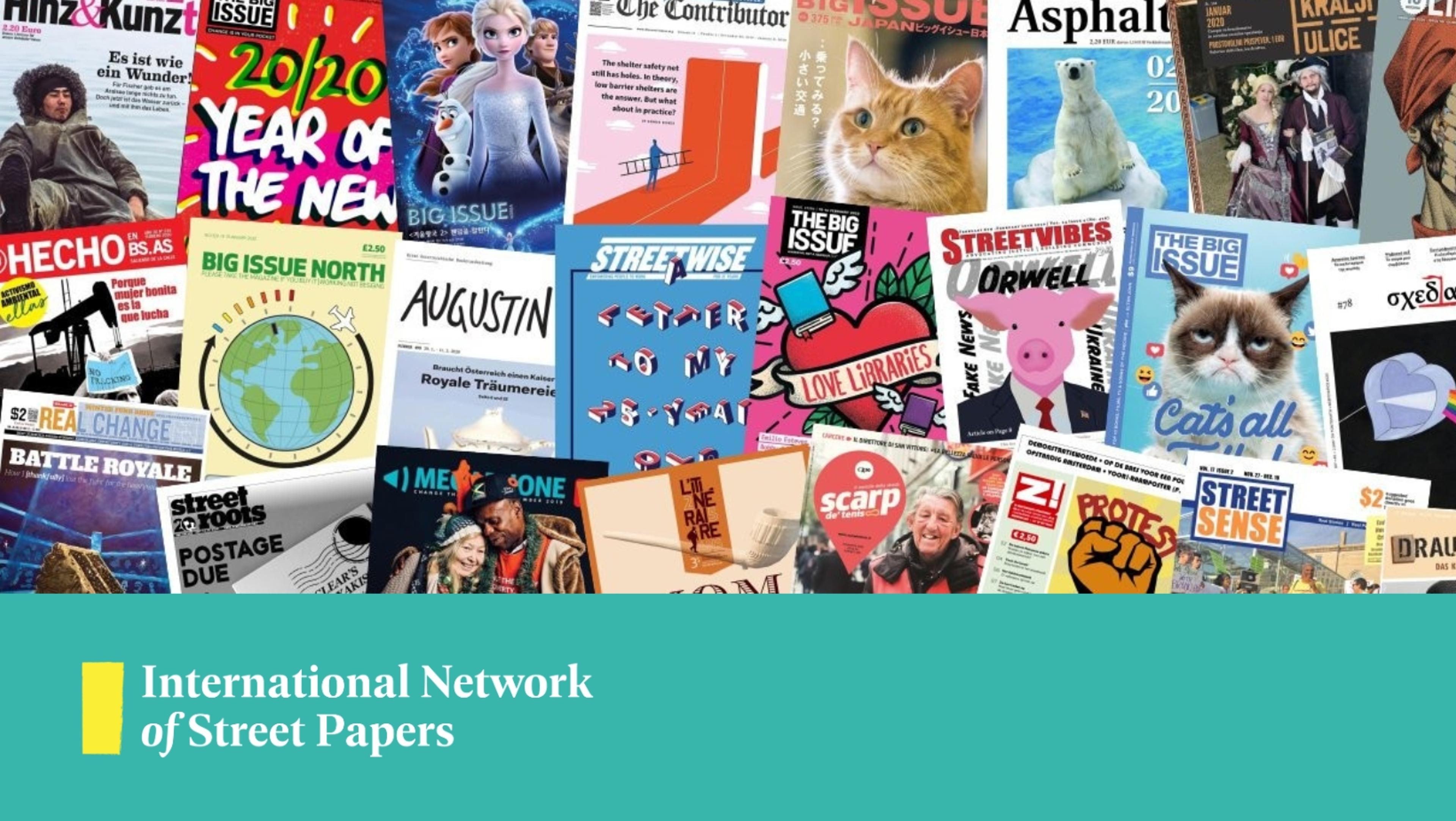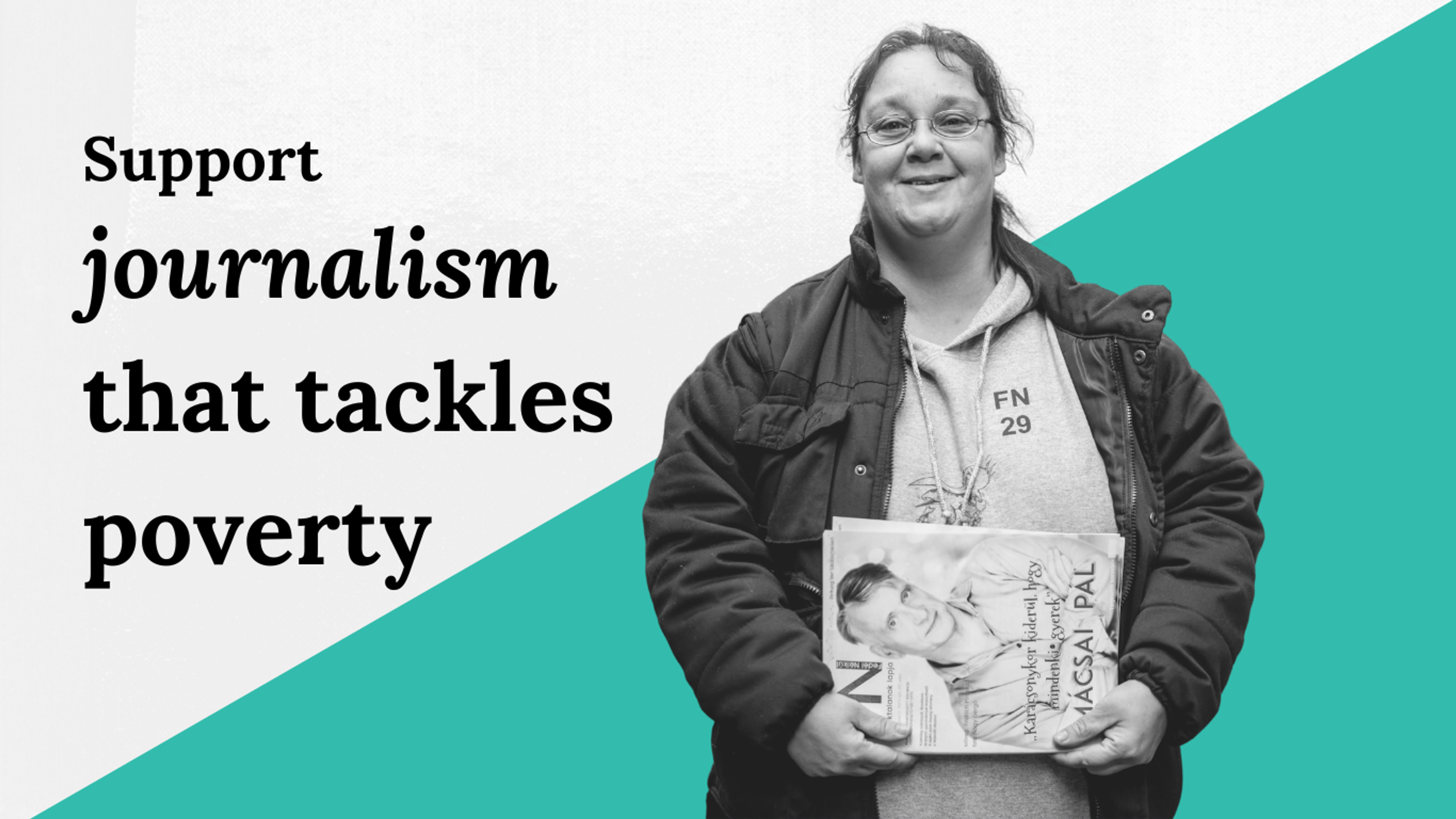I was as young as seven years old when I first dared to talk about my dream of becoming a journalist. I had a clichéd dream: I wanted to change the world.
But as a teenager I was tired of school. My grades weren't enough, and I became a mother early in life. After I left my hometown, I was eventually able to get the necessary education.
My life was then a wobbly journey towards something that could resemble the fulfilment of my dream. I became a journalist at the same time my sons were toddlers.
And for 20 years I worked as a reporter, researcher, columnist, editor, and manager at one of Sweden's largest daily newspapers. I was privileged, established, and well-paid.
But something was missing. The journalism I was part of did not impact society in the way I wanted, neither locally nor globally. The social issues I was passionate about stood in the shadow of the media landscape. I was losing my drive.
But seven years ago, the position as editor-in-chief of the street paper Faktum became vacant. Here I found a global movement where the journalism really had an influence, one that gives voices to people who are otherwise not heard. Vital topics are discussed about and with people who experience homelessness, social exclusion, and poverty. It is journalism that creates opinion, knowledge, humanity and, not least, dignity.
Street papers are inclusive, giving everyone a new chance to influence their own lives and take part in a society where they can protect their rights and responsibilities.
Together we create a unique journalism where we do not compete – instead we help each other and share our editorial content so that it reaches all over the world through the INSP News Service.
Investigative journalism, vendor portraits, and photo reports spread around the world thanks to the News Service. Newspapers, big and small, support each other and give voices to marginalised people by highlighting their stories, thoughts, and opinions.
Reading a street paper means that you gain knowledge about the local community you live in - but also a new picture of what is happening in the world. What does homelessness look like in Norway or Japan? What democratic challenges are there in Mexico?
Street papers create dignity, employment, change, and local and global knowledge, which is the best weapon for change and justice.
The journalism I dreamed of when I was little is happening now. It´s not a cliché anymore.
And today I am so privileged being part of a movement with thousands of people around the world, changing lives together.
